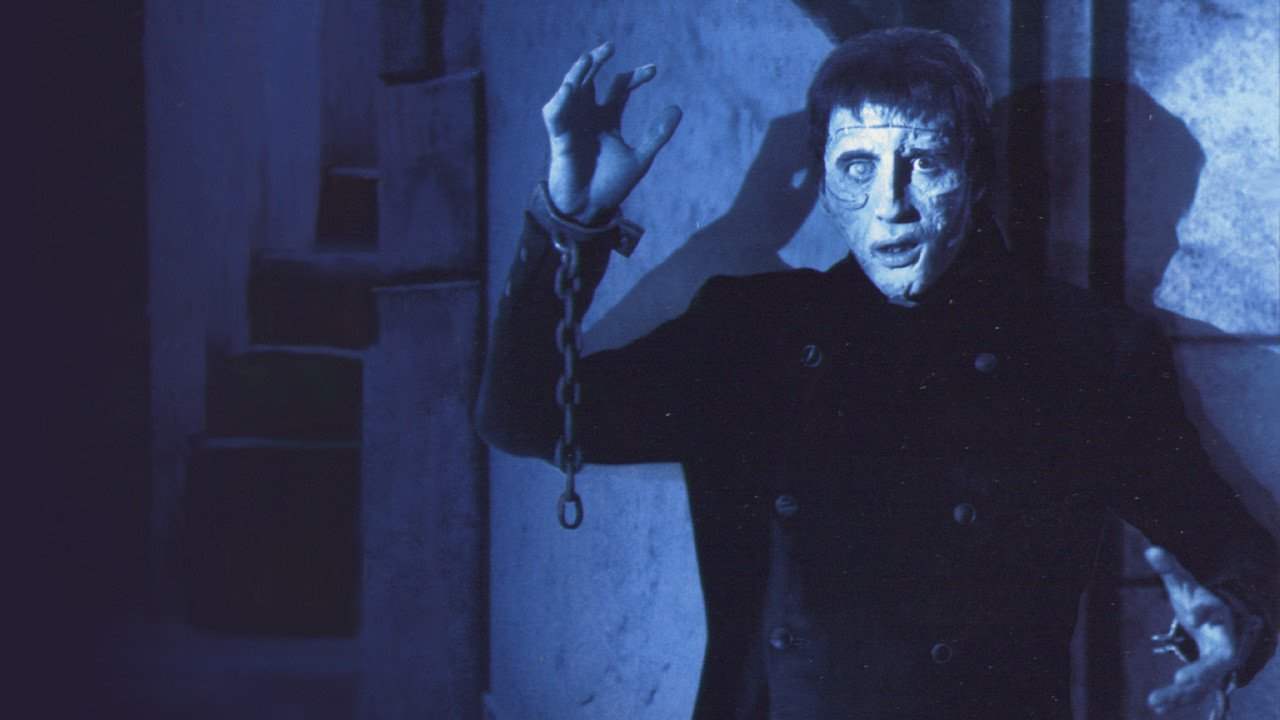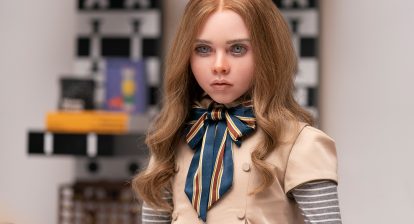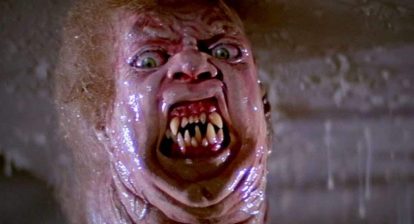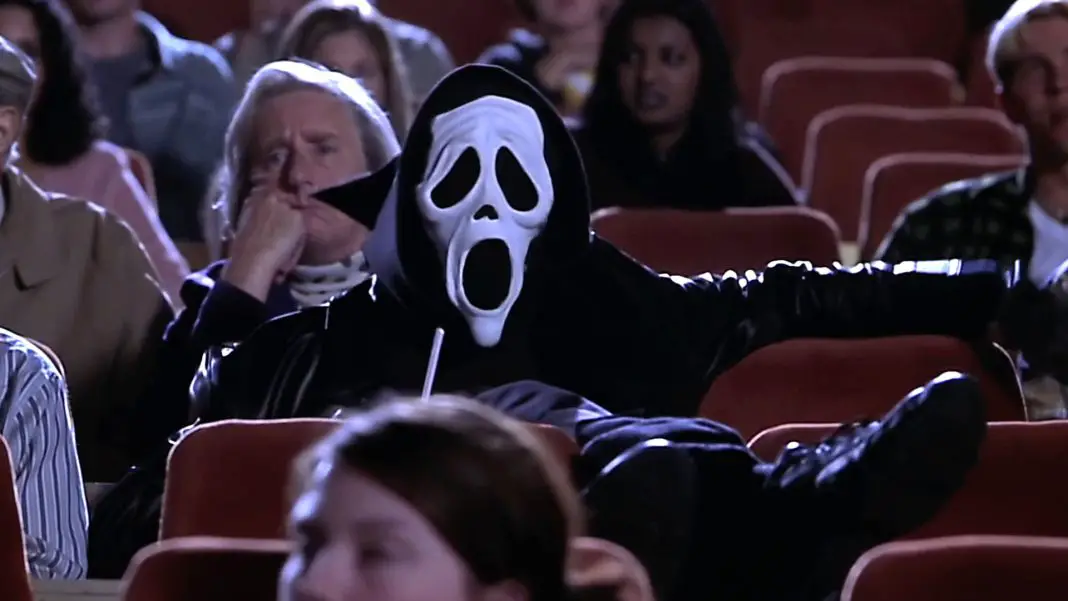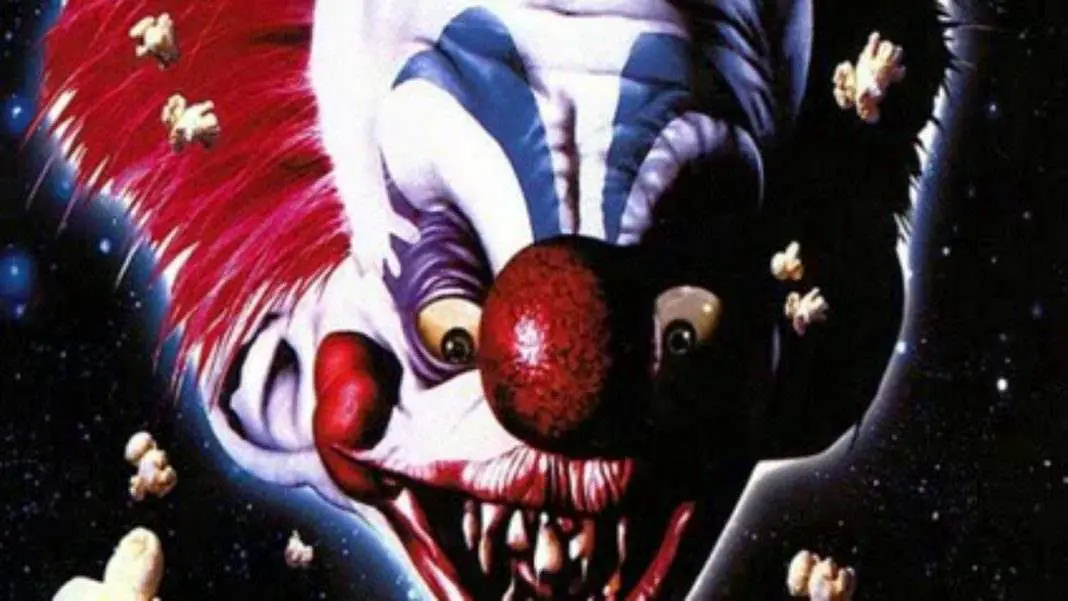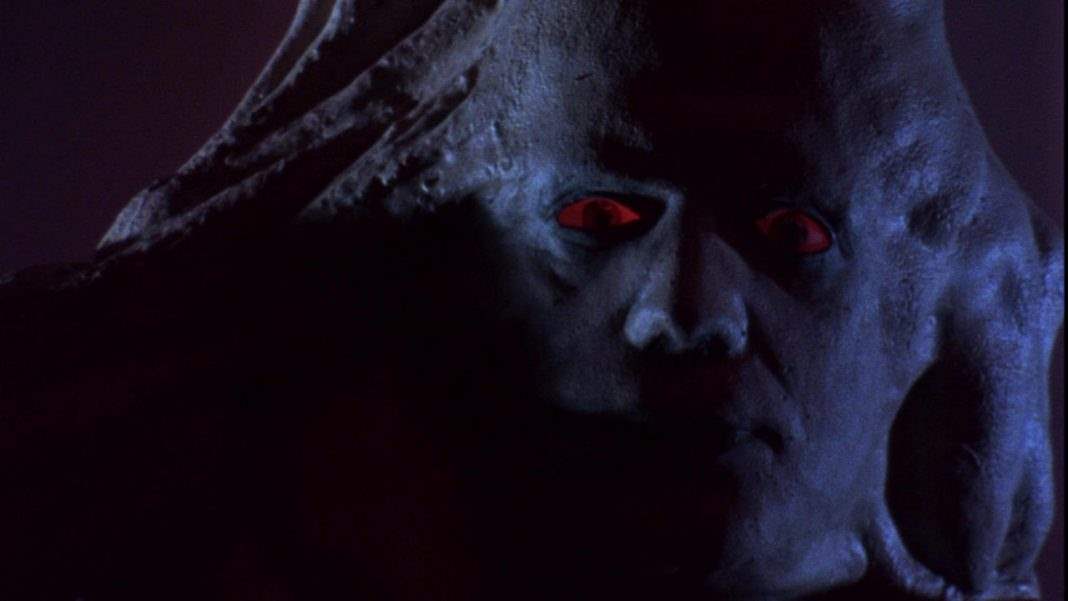Curse of Frankenstein is one of my favorite Frankenstein adaptation, but I’ll also admit that it’s one of the weirdest, aside from maybe the sci-fi exploits of Frankenstein Unbound. The story is one that has been retold countless times for nearly two centuries. It always unfolds in practically the same way: a man is driven by his own obsessions and creates a monster, is unable to control the monster, the creature then goes on a rampage and eventually targets his creator.
Almost all adaptations portray the creature in a sympathetic light and portray Frankenstein as more in the morally gray range. He usually becomes the hero. Most adaptations show an arc of Victor—or in the case of the Universal films, Henry—slowly realizing the error of his ways and fighting to redeem himself.
That’s not the Victor Frankenstein you’ll find in Hammer’s series, beginning with Curse of Frankenstein, the first big success for the company. This version of the character, brilliantly played by Peter Cushing, is a pompous ass dating back to childhood. This is a version of Frankenstein who is so deep in his obsession that it is his sole defining trait.
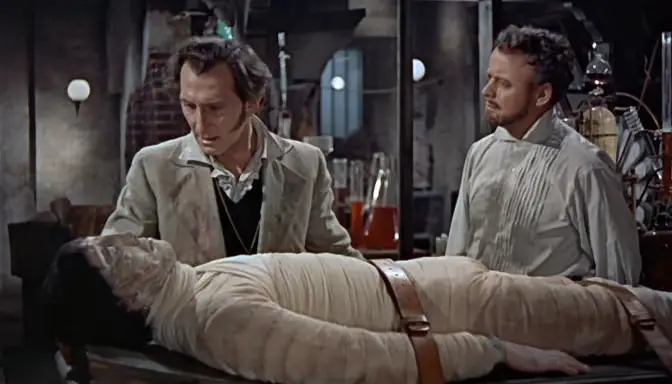
Even though he certainly has a presence in the film, the monster is not so much a character in Hammer’s Frankenstein. He’s the experiment. And there’s something darkly comedic in a sort of Harold and Maude way in how often the creature is brought to life, dies, and has to be resurrected again. It’s perversely funny, but at the same time makes you feel for a creature whose existence is limited to this.
 Peter Cushing’s Baron Frankenstein does not have much in common with virtually any previous depictions of the character on the screen, but there is one cinema icon he shares a great deal in common with: Herbert West. This incarnation of Frankenstein seems like a perfect precursor to Stuart Gordon’s film adaptation of Lovecraft’s own mad scientist.
Peter Cushing’s Baron Frankenstein does not have much in common with virtually any previous depictions of the character on the screen, but there is one cinema icon he shares a great deal in common with: Herbert West. This incarnation of Frankenstein seems like a perfect precursor to Stuart Gordon’s film adaptation of Lovecraft’s own mad scientist.
The template is almost the same. Frankenstein is dry, humorless yet darkly sarcastic and is taking full advantage of his one and only friend by making him partake in this insane madness. Sure, there’s Frankenstein’s fiancée Elizabeth, but even she sort of takes on the Meg role as the best friend, Krempe, is much more concerned with Elizabeth’s safety than Victor is.
There is a staunch unwillingness to accept consequence and responsibility at each and every turn that defines this version of Frankenstein, but also makes him one of the most interesting versions we’ve ever seen on the screen.
 Cushing’s Victor is a huge dick. He’s not only continuing his experiments behind the backs of the people who care about him, he’s even sleeping around on Elizabeth with his maid, Justine. He could not be more of an asshole if he tried. That, I think, ultimately helps to establish Hammer’s Frankenstein franchise as its own thing. It’s totally separate from the Universal films and even the movies that followed it.
Cushing’s Victor is a huge dick. He’s not only continuing his experiments behind the backs of the people who care about him, he’s even sleeping around on Elizabeth with his maid, Justine. He could not be more of an asshole if he tried. That, I think, ultimately helps to establish Hammer’s Frankenstein franchise as its own thing. It’s totally separate from the Universal films and even the movies that followed it.
Hammer’s Frankenstein series is the only one where Victor himself returns throughout the sequels, rather than the monster. And I think that’s because he is the clear antagonist of the franchise.
Ultimately, my favorite thing about this version of the Frankenstein myth is that Victor never gets a moment of redemption. It feels amazingly modern in that way. Even at the end, even when he’s about to go to the gallows, he’s pleading that it was not his fault. He’s begging his friends to cover up his tracks, to even lie and say that the monster murdered Justine, when it was actually he who did it.
There’s a coldness to this character that’s both unbelievable and refreshing. I can see the groundwork for Re-Animator clearly in Hammer’s Curse of Frankenstein, and that doesn’t mean I don’t think of Re-Animator as its own totally original feature. Gordon clearly drew influence from many things and I would not be remotely surprised if Curse of Frankenstein was right up there among them.
